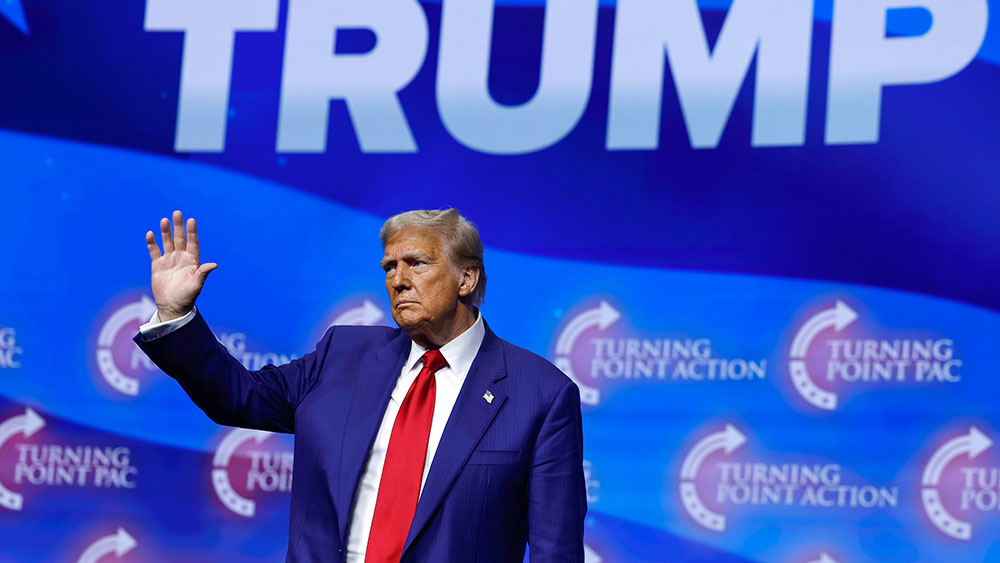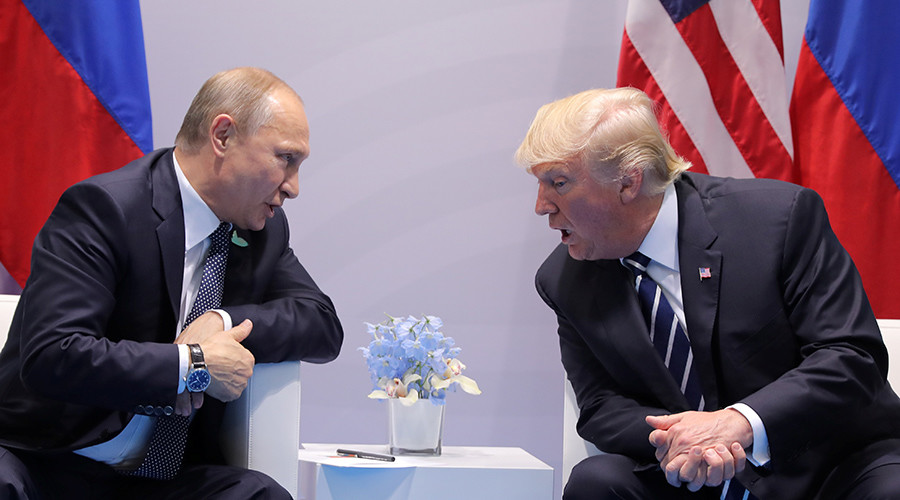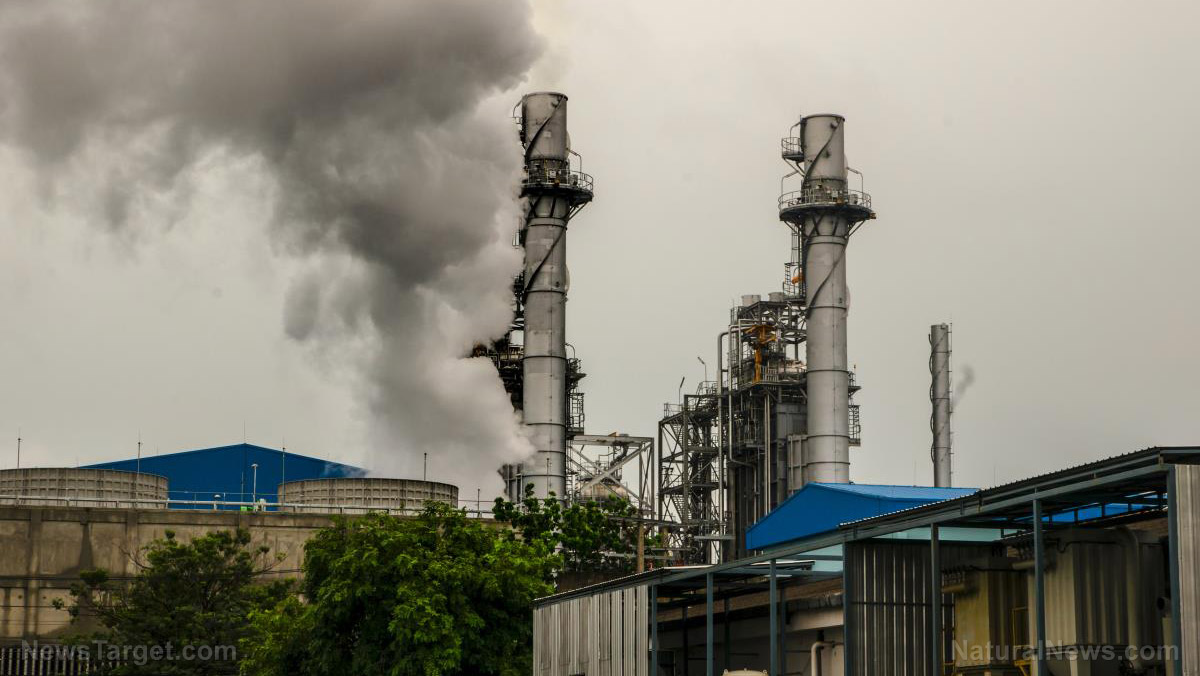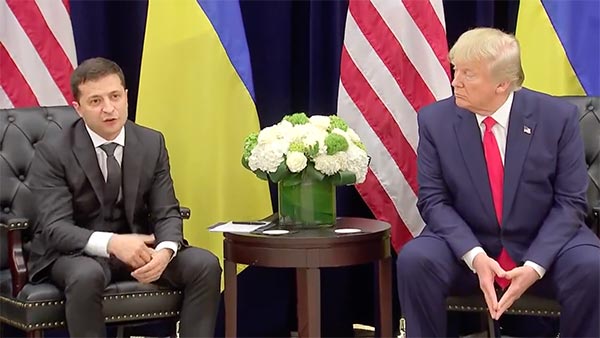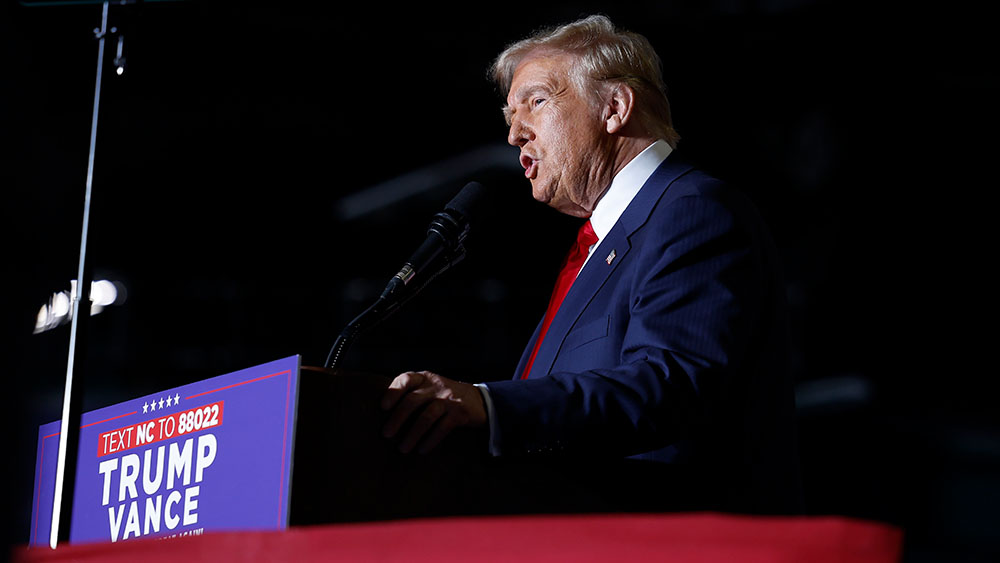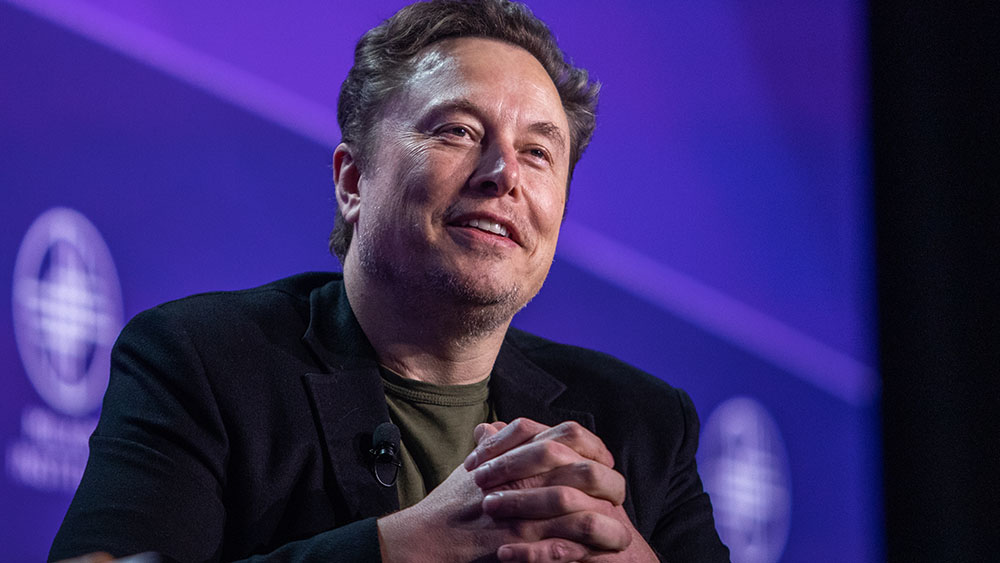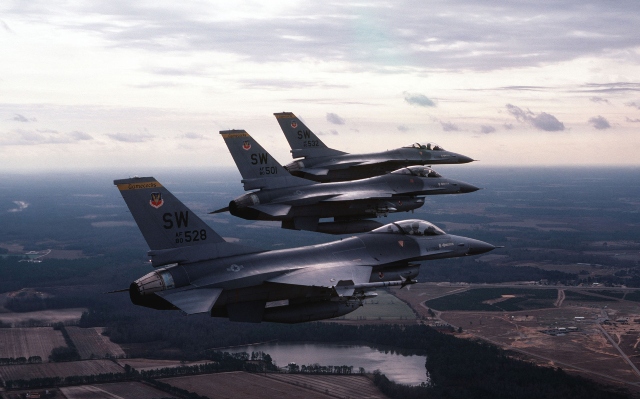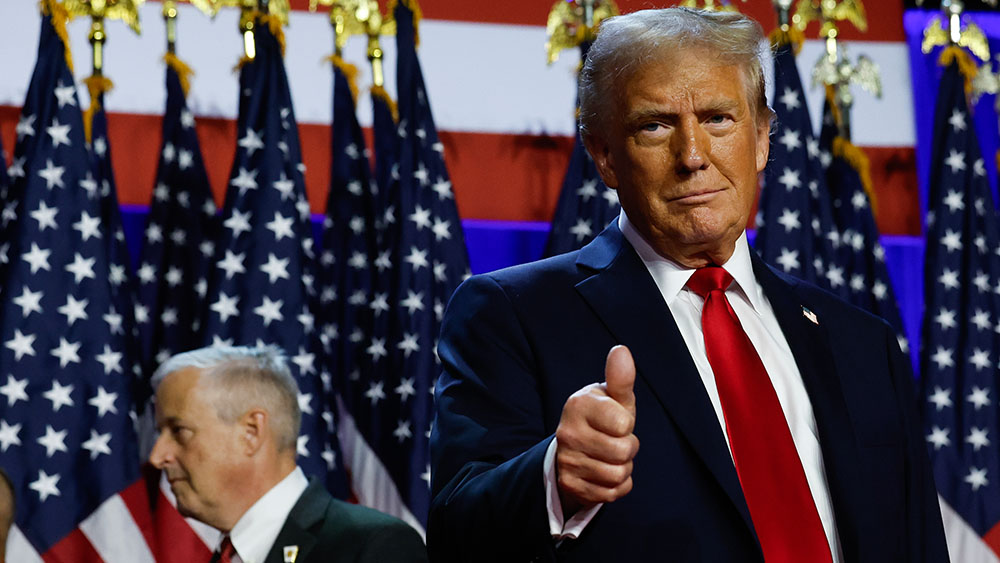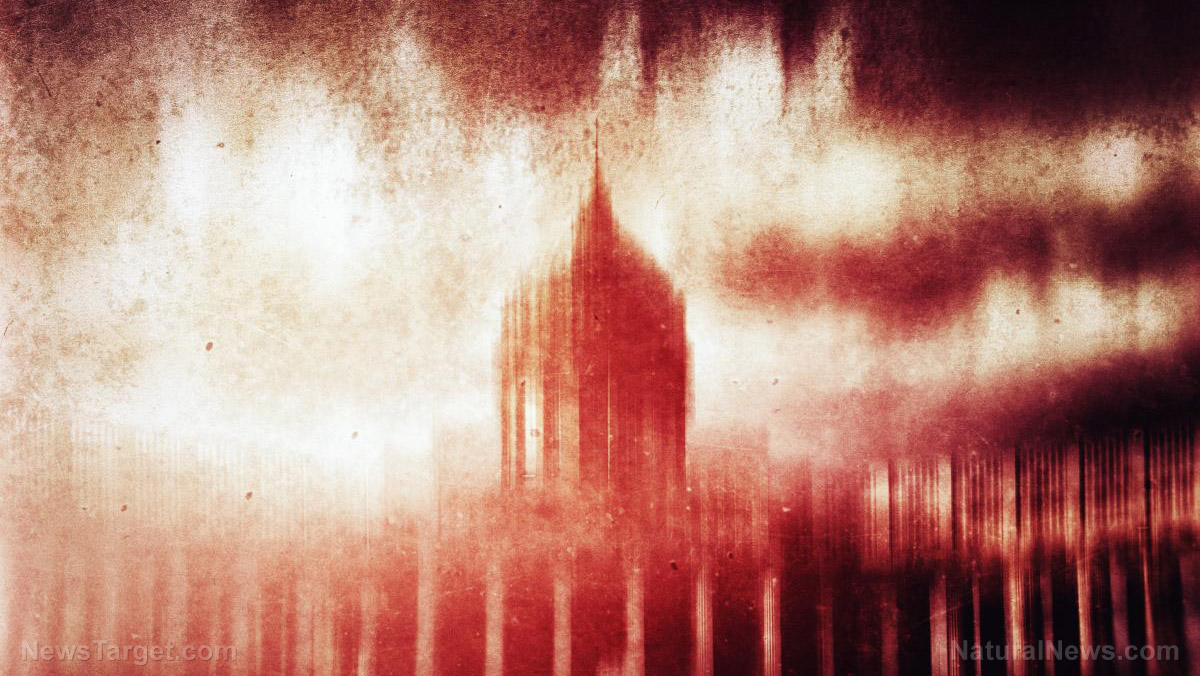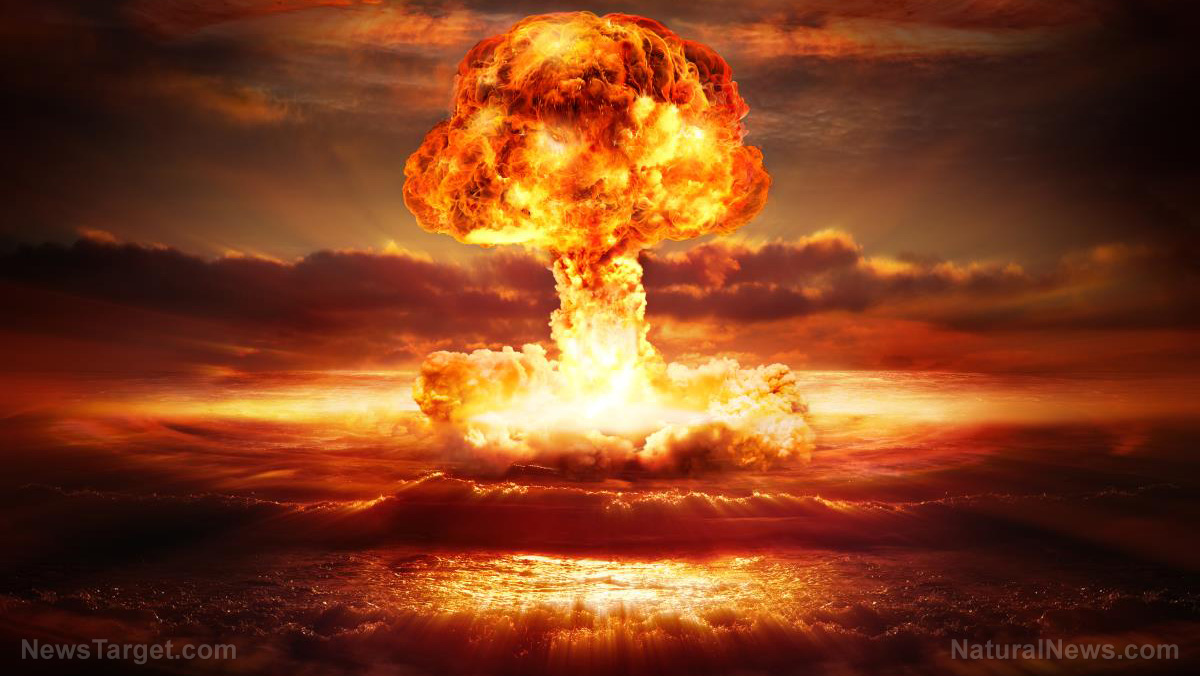U.S. signals reluctance to send troops to Ukraine, urges European allies for more support
02/15/2025 / By Belle Carter

- U.S. Defense Secretary Pete Hegseth confirmed that the Trump administration will not deploy American troops to Ukraine, marking a shift in U.S. military and diplomatic strategy.
- The U.S. is urging European allies to increase their defense spending and take a more active role in stabilizing Ukraine, in line with the “America First” policy and NATO burden-sharing goals.
- Keith Kellogg, the U.S. presidential envoy, will meet with European officials at the Munich Security Conference to promote Trump’s plan and assess European willingness to deploy forces for regional stability.
- Hegseth is expected to attend the Ramstein summit, led by the U.K. this year, to reiterate Trump’s commitment to a diplomatic solution in Ukraine, signaling a shift in international leadership dynamics.
- The Trump administration’s reluctance to send troops and push for European leadership reflects a broader shift in U.S. foreign policy, emphasizing cautious engagement and potentially influencing NATO and European security dynamics.
U.S. Defense Secretary Pete Hegseth confirmed on Tuesday, Feb. 11, that the administration of President Donald Trump has no intention of sending American troops to Ukraine, signaling a shift in U.S. military and diplomatic strategy regarding the ongoing conflict.
The announcement comes as European allies are being urged to take on a larger role in supporting Ukraine, reflecting the Trump administration’s “America First” policy and its push for burden-sharing among NATO members.
Hegseth made the remarks during a press conference in Stuttgart, Germany, while visiting U.S. European Command and U.S. Africa Command headquarters.
“We are not sending U.S. troops to Ukraine,” Hegseth said bluntly when asked about the possibility. Instead, the United States is advocating for European nations to increase their defense spending and take a more active role in stabilizing the region. (Related: Zelensky demands U.S. troops put their lives on the line in Ukraine for peace deal.)
This new approach is part of a broader strategy to encourage NATO states to invest more in their own defense. Hegseth emphasized that “it ought to be those in the neighborhood investing the most in that collective and individual defense,” and noted that the administration believes the defense spending target should be higher than the current two percent of the gross domestic product (GDP), with Trump advocating for a five percent target.
Keith Kellogg, the U.S. presidential envoy for the Ukraine conflict, is set to meet with European officials at the Munich Security Conference (MSC). The aim is to promote Trump’s plan and gauge the willingness of European allies to deploy their own “deterrent forces” to ensure any peace settlement holds.
This diplomatic push is significant given the historical context of U.S. involvement in international conflicts. Historically, the United States has often taken a leading role in peacekeeping efforts, but the Trump administration’s reluctance to send troops to Ukraine marks a departure from this pattern. Instead, the focus is on leveraging diplomatic pressure and encouraging European allies to take the lead.
Ramstein summit and future of U.S. policy
Hegseth is also expected to attend the Ukraine Defense Contact Group (UDCG), commonly known as the Ramstein summit, in Germany. This meeting, which usually involves high-level discussions with Ukrainian counterparts, is being led by the U.K. this year for the first time since its establishment. The shift in leadership from the U.S. to the U.K. reflects the changing dynamics in international relations and the potential reorientation of U.S. policy under the Trump administration.
The summit will serve as a platform for Hegseth to “reiterate President Trump’s commitment to a diplomatic end to the war in Ukraine as quickly as possible.” However, the transition of power in Washington and the anticipated changes in U.S. policy on Ukraine have cast doubt on the future of the Ramstein format. Hegseth is not expected to announce new military aid supplies, a move that was common during the administration of former President Barack Obama and will primarily act as a “listener” at the Ramstein and NATO defense ministers’ meetings.
The Trump administration’s decision not to send U.S. troops to Ukraine and its push for European allies to bear a greater burden in the conflict underscores a significant shift in U.S. foreign policy. By advocating for increased defense spending and diplomatic engagement, the administration is signaling a more cautious and strategic approach to international conflicts. This new stance will likely influence the dynamics of NATO and the broader European security landscape, as the United States seeks to balance its global commitments with domestic priorities.
Head over to UkraineWitness.com for similar stories.
Watch the video below that talks about 100,000 Ukrainian troops being charged with desertion.
This video is from the TREASURE OF THE SUN channel on Brighteon.com.
More related stories:
North Korean troops join Russian assaults in Kursk, Ukraine claims.
Trump’s alleged ceasefire plan aims to end Ukraine conflict by Easter.
Sources include:
Submit a correction >>
Tagged Under:
America first, diplomatic relations, dod, Donald Trump, EU, military, military strategy, national security, NATO, pentagon, Pete Hegseth, Ukraine, Ukraine war, weapons technology, WWIII
This article may contain statements that reflect the opinion of the author
RECENT NEWS & ARTICLES
COPYRIGHT © 2022 RussiaReport.news
All content posted on this site is protected under Free Speech. RussiaReport.news is not responsible for content written by contributing authors. The information on this site is provided for educational and entertainment purposes only. It is not intended as a substitute for professional advice of any kind. RussiaReport.news assumes no responsibility for the use or misuse of this material. All trademarks, registered trademarks and service marks mentioned on this site are the property of their respective owners.



